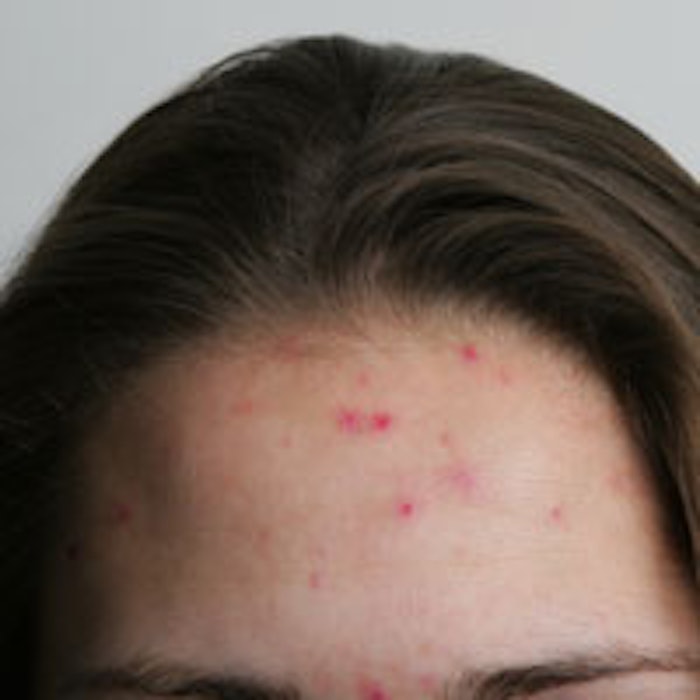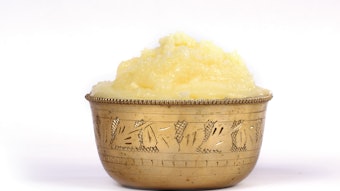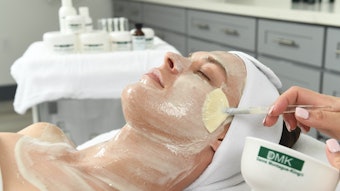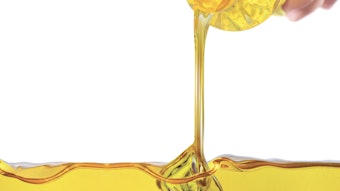
Novan Therapeutics, announced results from a recent clinical trial demonstrating that nitric oxide releasing-drug candidate SB204 reduces colonization of the acne-causing bacteria Propionibacterium acnes (P. acnes) in the skin of healthy volunteers. This study, in combination with Novan’s earlier findings regarding sebum production, suggests the formulation may be capable of targeting multiple factors in acne.
The Phase 1, 30-subject study was conducted by James Leyden, MD (KGL, Inc.). This predictive human model has been used to demonstrate the activity of anti-acne therapies, such as traditional oral antibiotics and topical antibiotics. In this study, twice daily administration of the topical product was safe and “the treatment was extremely well tolerated,” added Leyden. Several subjects demonstrated a greater than 90% reduction of P. acnes when treated with SB204; no vehicle-treated subjects exhibited such a response. A statistically significant difference (p < 0.05) in P. acnes counts was observed between active and vehicle after two weeks.
Acne is the most common skin disease in the United States, affecting more than 50 million people. Antibiotics have been a mainstay for dermatologists due to the ability to reduce P. acnes colonization in the skin and the documented ability to treat inflammatory lesions in acne patients. However, monotherapy usage of these drugs has slowed due to the onset of antibiotic resistance. Nitric oxide is an antimicrobial with a low propensity for resistance and is part of the human body’s natural immune response to bacteria. “These unique properties of nitric oxide, in conjunction with the potential to reduce sebum, provide the basis for our belief that SB204 has the possibility to transform acne care,” says Nathan Stasko, MD, Novan president.
“I have always said the ‘holy grail’ of acne treatments would be a topical that can influence sebum production or the physicochemical properties of sebum. If you can do that, the ability to kill P. acnes is icing on the cake,” said Leyden.
SB204 is currently being examined in a Phase 2 study for the treatment of acne. Results of that study are expected early 2014.










